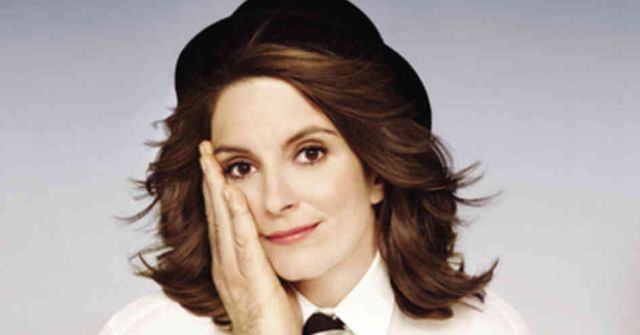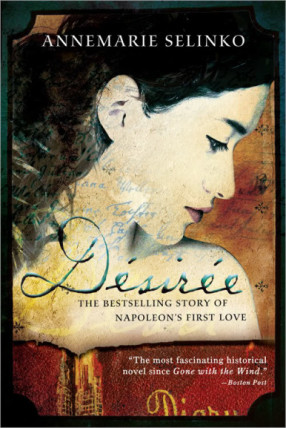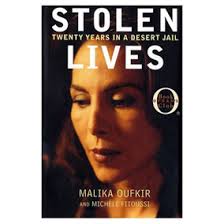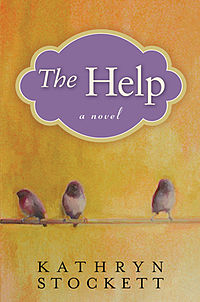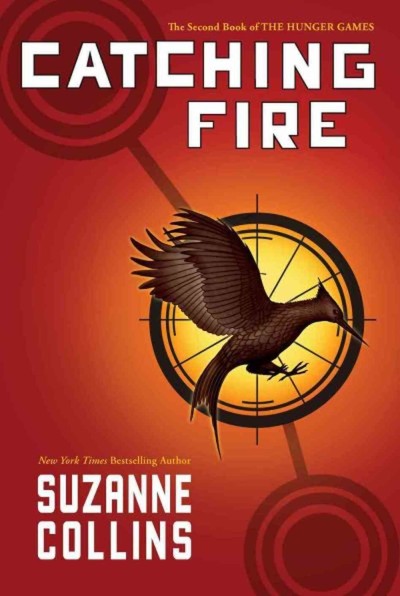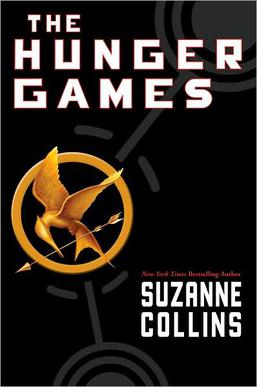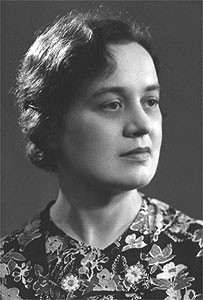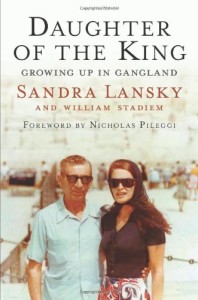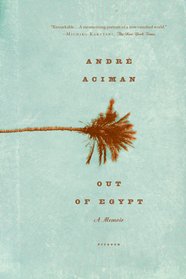Charlotte and Emily: A novel of the Brontes by Jude Morgan
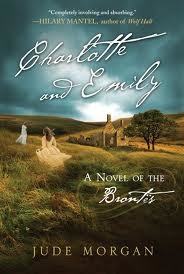
Amazing amazing amazing. Those are my choice of words to describe the creative level of writing displayed by Jude Morgan here. I recently finished a certain book covered in another post that had won an award for being gloomy, I didn’t see the appeal. Charlotte and Emily was the kind of book I think should have awards. Why is there no gold star on this book? How come Oprah doesn’t want people to read it? Not violent enough, not immoral enough, not enough social issues. Bullcrap I cry. This is the sort of novel that should receive acclaim, for the simple virtue of the level of skill and talent in bringing writing to life.
Continue reading



